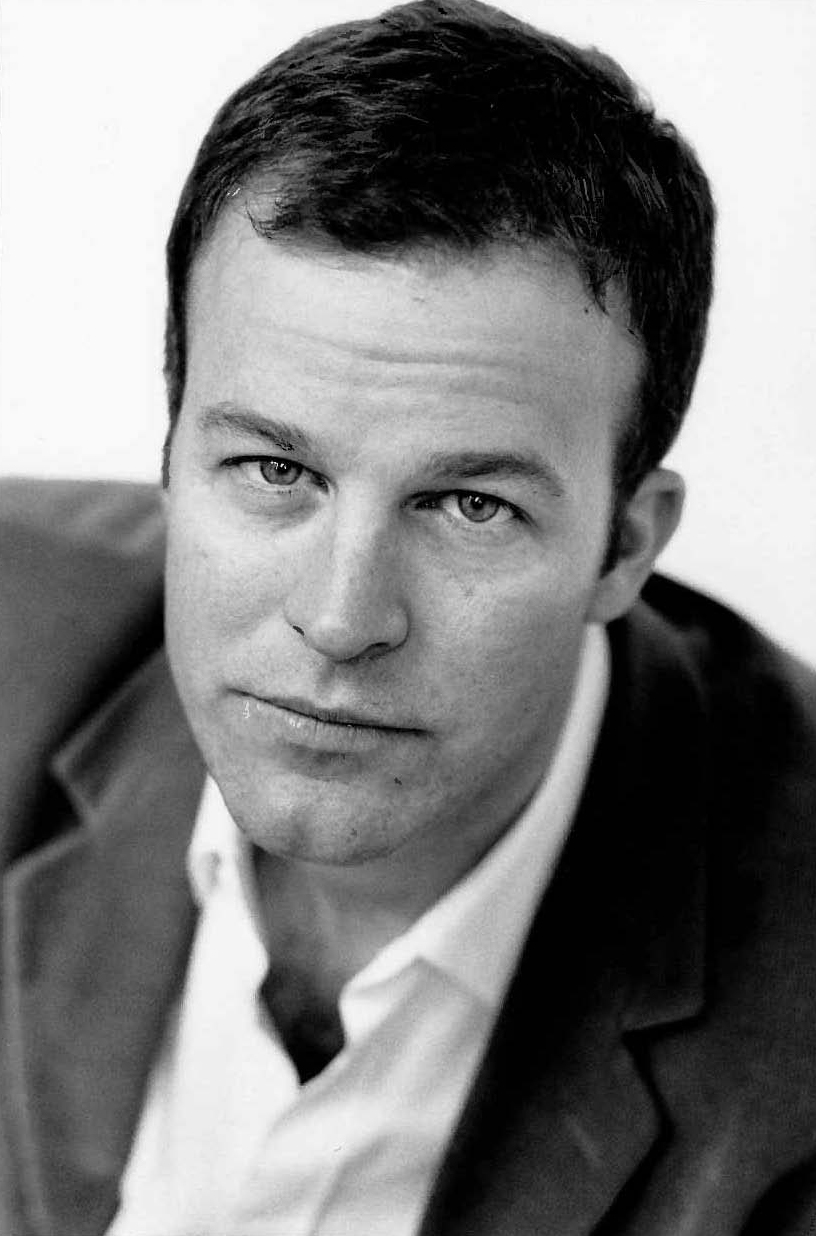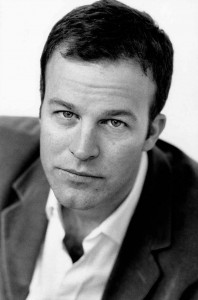When thinking of great film directors, Tom McCarthy is probably not the first that jumps to mind; and yet McCarthy has been responsible for three of the most nuanced and difficult character studies of the last decade. 2003’s “The Station Agent” tells of an isolated achondroplastic dwarf whose shell begins to crack when he moves into an old train depot and meets his neighbors. 2008’s “The Visitor” deals with a college professor who returns to Manhattan to find a pair of illegal immigrants living in his home. In both films, we see the consequences of simple interaction and the most basic of human desires. “Win Win,” McCarthy’s latest, is no different.
Paul Giamatti plays Mike Flaherty, a stressed-out family man trying to make ends meet as a lawyer and high school wrestling coach. When his business begins to struggle, Mike is forced to make an unscrupulous move: he becomes the guardian of an elderly client, Leo Poplar, thereby receiving a much-needed commission before placing Leo in a retirement home. Mike’s decision is complicated by the surprise arrival of Leo’s grandson, Kyle, but his outlook turns around when he finds out that the unassuming kid is a superstar wrestler. It’s smooth sailing all around, but when Kyle’s broke mother comes to town things quickly nosedive.
“[‘Win Win’] has, I think, a really contemporary theme… the decisions we make when times are tough,” McCarthy said from The Grand Hotel Minneapolis.
Admittedly, Win Win has a much more conventional feel than McCarthy’s past films. It’s not about a niche passion like trains or the shades-of-grey underpinnings of illegal immigration but rather a suburban family trying to pay the bills. And it was in the quotidian that McCarthy saw the appeal.
“I was conscious of the challenge,” McCarthy said. “I started looking at the story and I said, ‘Oh man, am I really going to set this in a New Jersey suburb?’ It’s so conventional, by design, in reality. Then the challenge became, ‘Can I make this compelling? Can I get an audience caught up in the stakes and lies of these very ordinary people.'”
McCarthy’s success here relies heavily on rounded characterization and the interplay of control and power dynamics.
“I think a big part of where we are with the market shifting and the bottom falling out, people do feel like they’ve lost control,” McCarthy said. “They feel like they’re in a little bit of a freefall and can’t get back on top… It’s a big part of Mike’s anxiety, and I think it’s a big part of Kyle’s problem. That’s why when his mother shows up he starts losing control again. Why? Because she represents something that’s dislodging for him.”
A film concerned with wrestling would seem to offer blatant examples of power, but Win Win champions the subtle while offering broader social commentary. What’s more, McCarthy avoids the easy road by subverting the genric tropes of the sports medium to provide a story where competition takes a backseat to interests of character.
“Ultimately, it’s not about [wrestling],” McCarthy said. “It’s about wrestling as much as its about a man wrestling with his own sense of ethics and morality in tough times. I just knew that wrestling would provide a lot of punch and adrenaline. And let’s be honest, I had a lot of guys come up to me like, ‘Dude, that is hilarious. Wrestling is kickass. I had so much fun.’ I think you want that. You want people to go and enjoy the movie on different levels… I think as a storyteller that’s what you’re trying to do… trying to give them options in how they connect to a movie.”
That ethos–the belief in multiple readings–saturates “Win Win” from beginning to end. As the story moves along, even the meaning behind the title changes, so what begins as a win-win scenario for Mike shifts to a state where almost every character has benefited in some way. But that would be too easy for McCarthy. He doesn’t allow for that neatly packaged ending, adorned with a sparkling bow. No, some things are forced to changed, some things are irrevocably lost.
“Ultimately that macro win-win is what got us in this situation, being told ‘No money down, free mortgage, buy your car and pay later, no interest,'” McCarthy said. “It was all win-win, win-win, win-win; you used to see that term a lot in the lead up to the crash. You don’t see it much anymore.”
And yet somehow McCarthy’s film leaves us thinking things just might be all right. There’s a sense of downfall but also of renewal, one that is attended to without a trace of cynicism. “Win Win” gives a version of a happy end, but it’s one devoid of overwrought sentimentality.


